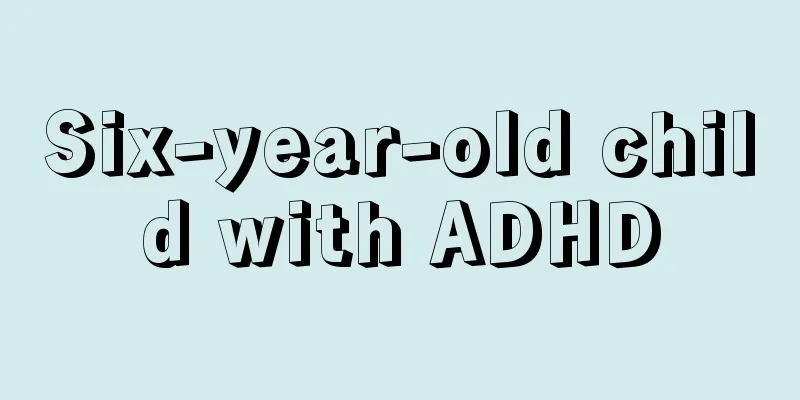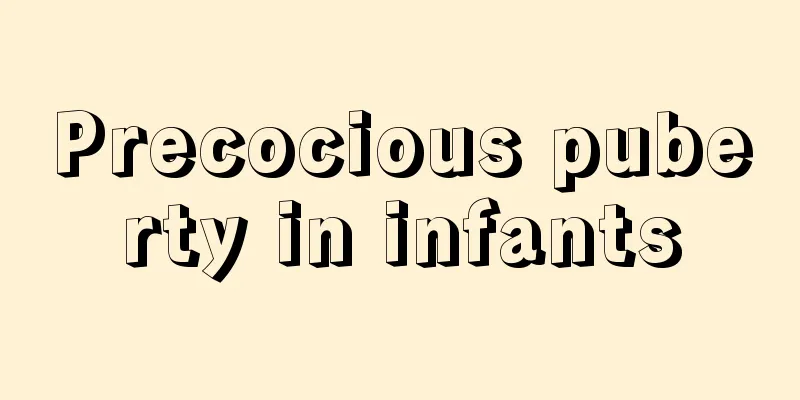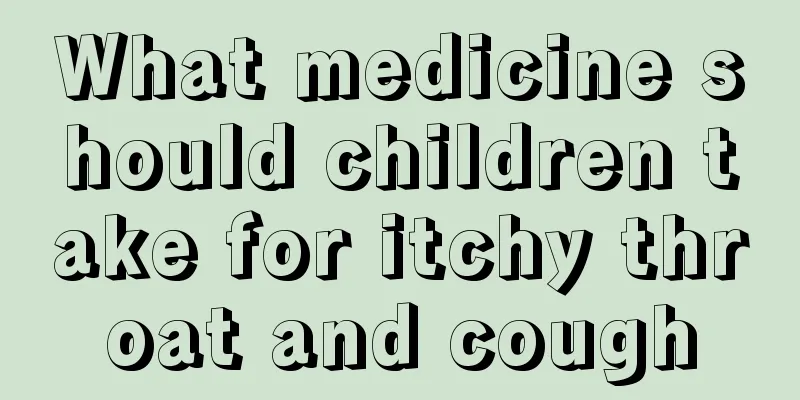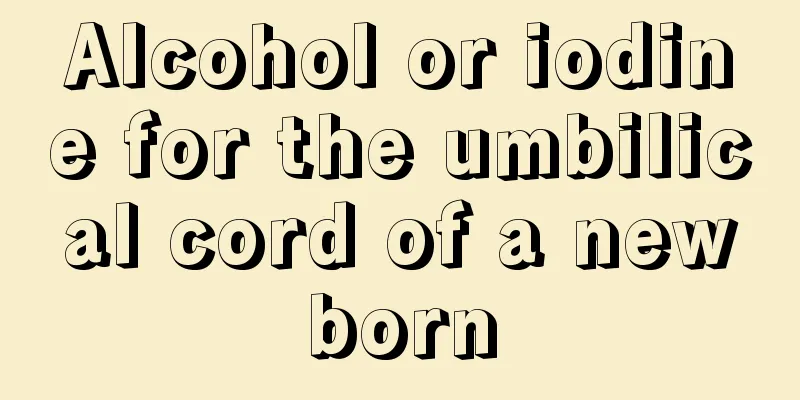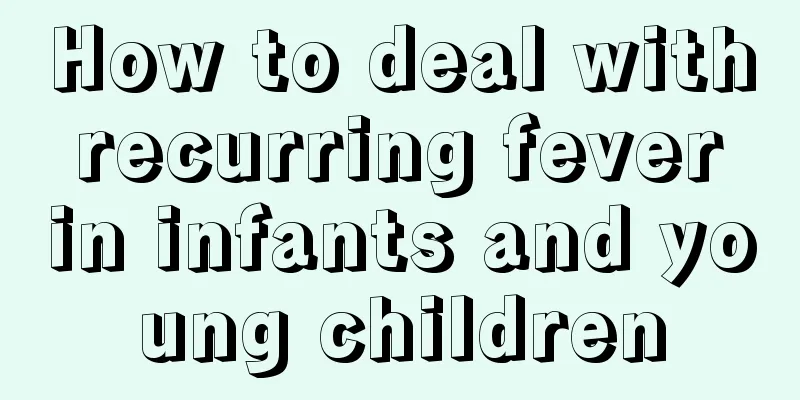Self-diagnosis of enuresis in children
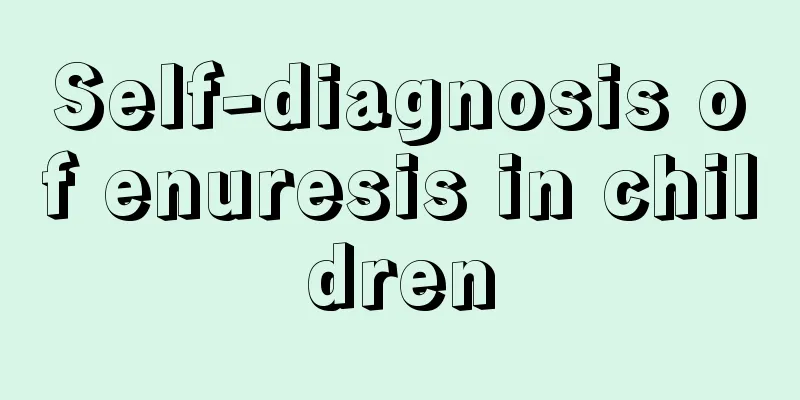
|
Enuresis in children mainly refers to the situation where children urinate in their daily life. This situation may be caused by abnormalities in certain body functions of the child. Therefore, we recommend that everyone should have a certain understanding of the self-diagnosis methods of enuresis in children in life. The self-diagnosis method for childhood enuresis is generally to evaluate the physical condition of the child or family and the baby, which is very good for us to check whether the baby is healthy. When we diagnose enuresis in children in life, we should pay attention to our own diagnostic criteria and think about what kind of situation is enuresis in children. Therefore, we suggest that you should learn more about the self-diagnosis methods of enuresis in children in life. I hope it will be useful to you. Diagnosis of enuresis in children 1. Assessment of the child and family. During the assessment process, gaining the trust of the child and family is a prerequisite for the treatment of enuresis. Diagnosis of enuresis in children 2. Medical history. The history should also include family history and previous treatments. Whether the parents or close relatives have a history of enuresis, a detailed medical history should be collected, including when the enuresis began, how often it occurred, whether it was daytime or nocturnal, whether it was primary or secondary, and the amount of urine produced. If it is nocturnal enuresis, the number of times of enuresis each night, etc. The reasons why parents bring their children to see a doctor and when the treatment starts, etc. In terms of sleep, it is necessary to understand whether the child is easily awakened during sleep. Other factors such as the relationship between food allergies and enuresis also need to be considered. Diagnosis of enuresis in children 3. Physical examination. Most children with enuresis have no abnormal findings on physical examination. The focus of the physical examination is palpation of the abdomen, examination of the genitals, and examination of the nervous system. In addition, the appearance of the lower end of the spine should be observed for small pits and skin abnormalities. If there are abnormalities in urination in the medical history, the child's urination needs to be observed. Diagnosis of enuresis in children 4. Diagnostic criteria. The diagnosis is based on: 1. The child’s age and mental age must be at least 5 years old. 2. Involuntary or intentional wetting of the bed or pants, at least twice a month for children under 7 years old and at least once a month for children over 7 years old. 3. Enuresis is not caused by epileptic seizures or neurological diseases, nor is it a direct consequence of urinary tract structural abnormalities or any other non-psychiatric diseases. 4. There is no evidence of any other mental disorder that meets the ICD-10 category criteria, such as mental retardation, anxiety disorder, depression, etc. Based on the article’s introduction to self-diagnosis of enuresis in children, I hope you can understand it well in your life, which will be helpful for us to treat enuresis in children in our lives. If a child wets the bed or pants unconsciously while sleeping at night, it may be a symptom of enuresis. |
<<: What to do if your child is picky about eating
>>: How to treat developmental delay in children
Recommend
What are the consequences of meningitis in children?
If a child develops meningitis, it is a serious c...
What to do if the baby chokes when drinking water
If you want to take better care of your baby and ...
Is it normal for baby's private parts to smell?
For young babies, parents need to take good care ...
How to treat sinusitis in children
Rhinitis is somewhat hereditary. If a child has a...
A three-year-old child suddenly starts to stutter
Three-year-old babies are in a good period of lea...
What to do if children keep coughing at night
What should we do if children keep coughing at ni...
Treatment of crooked mouth in newborns
Nowadays, examples of newborns with crooked mouth...
Symptoms of pinworm infection in children
It is easy for the human body to be infected with...
Reasons why babies cannot sleep well in the second half of the night
Sleep is a process of enhancing human immunity. F...
What tests should be done for children who are thin?
Children are in the golden period of physical dev...
The child speaks slowly
We will eventually encounter many situations in r...
Why do babies have red bumps?
Some babies have problems with their bodies, so t...
What should I do if my baby keeps coughing?
The health of babies is of great concern to their...
Laryngeal edema in children
When babies are young, they cannot speak yet, so ...
Issues that should be paid attention to when a 7-year-old child loses teeth
From birth to old age, everyone will have a chang...



